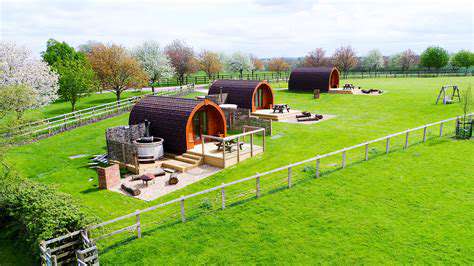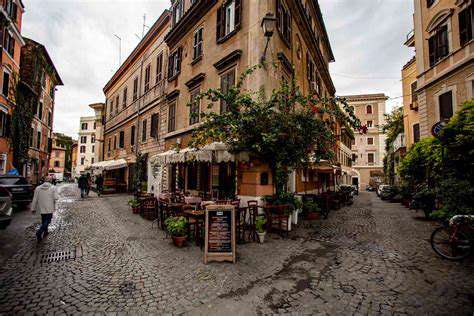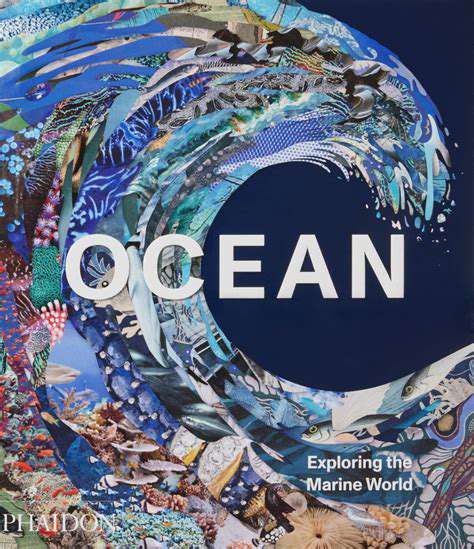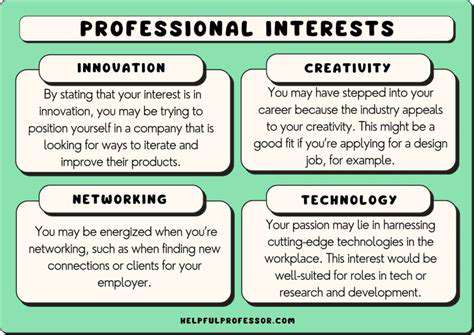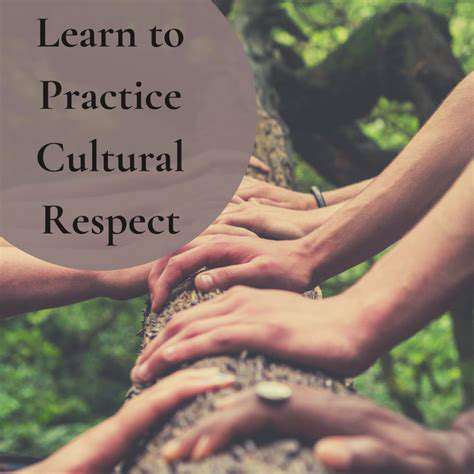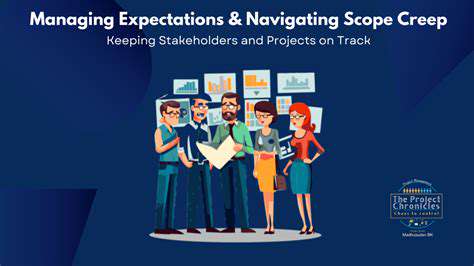How to Plan a Photography Focused Trip
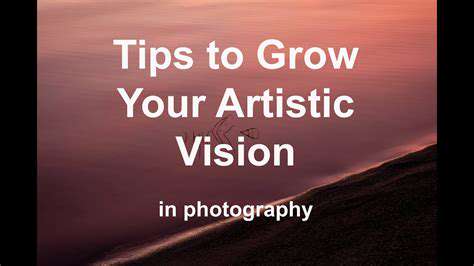
Defining Your Photographic Vision: A Foundation
A strong photographic vision isn't just about technical skill; it's about understanding your unique perspective and translating it into compelling images. It's the difference between taking pictures and creating art. Developing this vision requires introspection and a willingness to explore different styles and subjects.
Understanding Your Artistic Influences
Examine the work of photographers you admire. Look beyond surface-level appreciation - study their compositions, lighting choices, and how they frame their subjects. What emotional responses do their images evoke in you? Understanding these influences helps cultivate your own distinctive style.
This observational process is crucial. It's about identifying resonant elements and internalizing them to develop your personal photographic language.
Identifying Your Subject Matter
What subjects consistently draw your attention? Your natural gravitation toward certain themes - whether landscapes, portraits, or street scenes - reveals important clues about your photographic voice. This focus allows deeper exploration of narratives within your chosen areas.
While specialization helps, occasional experimentation across genres can yield surprising discoveries about your creative preferences.
Developing a Unique Visual Style
Your photographic signature emerges from consistent choices in camera settings, lighting approaches, and composition strategies. This stylistic development isn't instantaneous - it requires persistent experimentation and refinement over time. The journey involves trial, error, and gradual self-discovery.
Mastering Composition Techniques
Effective composition transforms random elements into purposeful visual statements. While rules like the rule of thirds provide helpful starting points, true mastery comes when these principles become intuitive, allowing you to guide viewers' eyes effortlessly through your frame.
Refining Your Vision Through Practice and Feedback
Photographic growth demands regular practice and honest self-assessment. Seek constructive criticism from trusted peers and critically evaluate your own work. The most significant improvements often come from stepping beyond comfort zones and embracing challenging projects.
Researching Your Destination: Location, Location, Location

Understanding the Cultural Nuances
Delving into cultural nuances transforms superficial visits into meaningful exchanges. Understanding local customs demonstrates respect and often leads to more authentic interactions. Even basic language attempts can dramatically alter your experience, opening doors to unexpected opportunities.
Exploring Historical Significance
Historical context adds layers of meaning to destinations. Understanding a location's past illuminates its present character, transforming ordinary sights into living stories. This knowledge enriches every photograph you take and every experience you have.
Considering Practical Considerations
Thorough logistical planning prevents unnecessary stress. Mastering local transportation systems and financial practices ensures you spend more time experiencing and less time troubleshooting. Smart preparation maximizes your available time and resources.
Assessing Safety and Security Measures
Informed safety precautions enable confident exploration. Understanding local conditions allows you to navigate wisely while remaining open to authentic experiences. Proper preparation includes knowing emergency protocols without becoming overly cautious.
Planning Your Itinerary: Maximizing Photo Opportunities
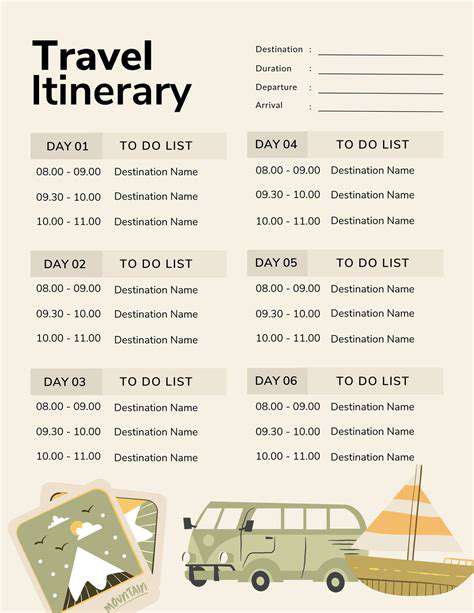
Defining Your Travel Style
Your ideal travel rhythm significantly impacts destination choices and daily schedules. Whether you thrive on constant movement or prefer leisurely immersion, honest self-assessment creates more satisfying itineraries.
Setting Realistic Expectations
Balancing ambition with practicality prevents frustration. Build flexibility into plans to accommodate weather, transportation delays, or unexpected discoveries that deserve more time.
Identifying Your Budget
Financial realism ensures enjoyment isn't overshadowed by money worries. Strategic allocation across categories prevents last-minute compromises on important experiences.
Choosing Your Destinations
Thorough destination research pays dividends in trip satisfaction. Beyond popular attractions, seek out local perspectives for a more nuanced understanding of places.
Crafting Your Itinerary
A well-structured plan provides framework without eliminating spontaneity. The best itineraries balance must-see locations with unstructured exploration time.
Booking Accommodations
Thoughtful lodging choices significantly impact daily experiences. Consider not just price and amenities, but how location affects your access to photographic opportunities.
Packing Essentials
Efficient packing balances preparedness with mobility. Every item should justify its space, especially photographic equipment that serves your creative goals.
Post-Trip Editing and Sharing: Amplifying Your Impact
Refining Your Narrative
Editing transforms individual shots into cohesive stories. Consistent thematic elements and careful sequencing create emotional resonance beyond single images.
Optimizing Visual Appeal
Technical refinements should enhance rather than overpower your original vision. Subtle adjustments often yield more powerful results than dramatic alterations.
Sharpening Your Technical Skills
Advanced editing techniques solve problems and unlock creative possibilities. Mastering these tools expands your ability to realize your photographic intentions.
Crafting a Compelling Story
Thoughtful presentation amplifies impact. Strategic image arrangement and supplemental materials guide viewers through your intended narrative.
Sharing Your Journey Effectively
Platform-specific strategies maximize engagement. Tailor presentations to different audiences while maintaining your authentic voice.
Building a Visual Portfolio
Curated collections demonstrate your evolving perspective. Regular portfolio reviews help identify strengths and areas for creative growth.
